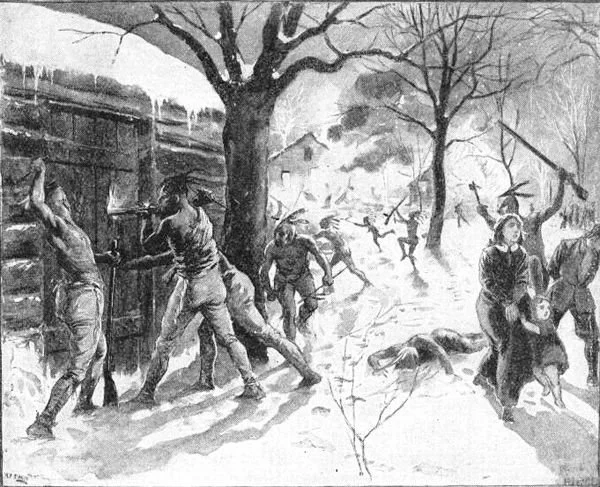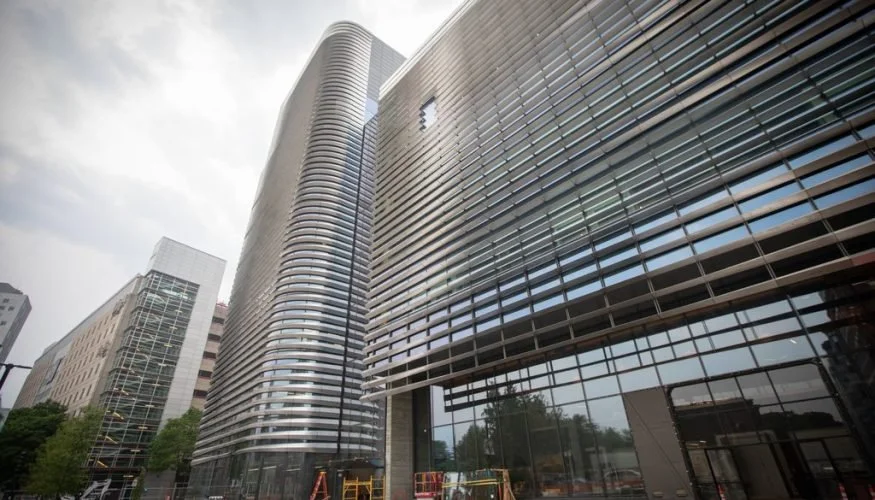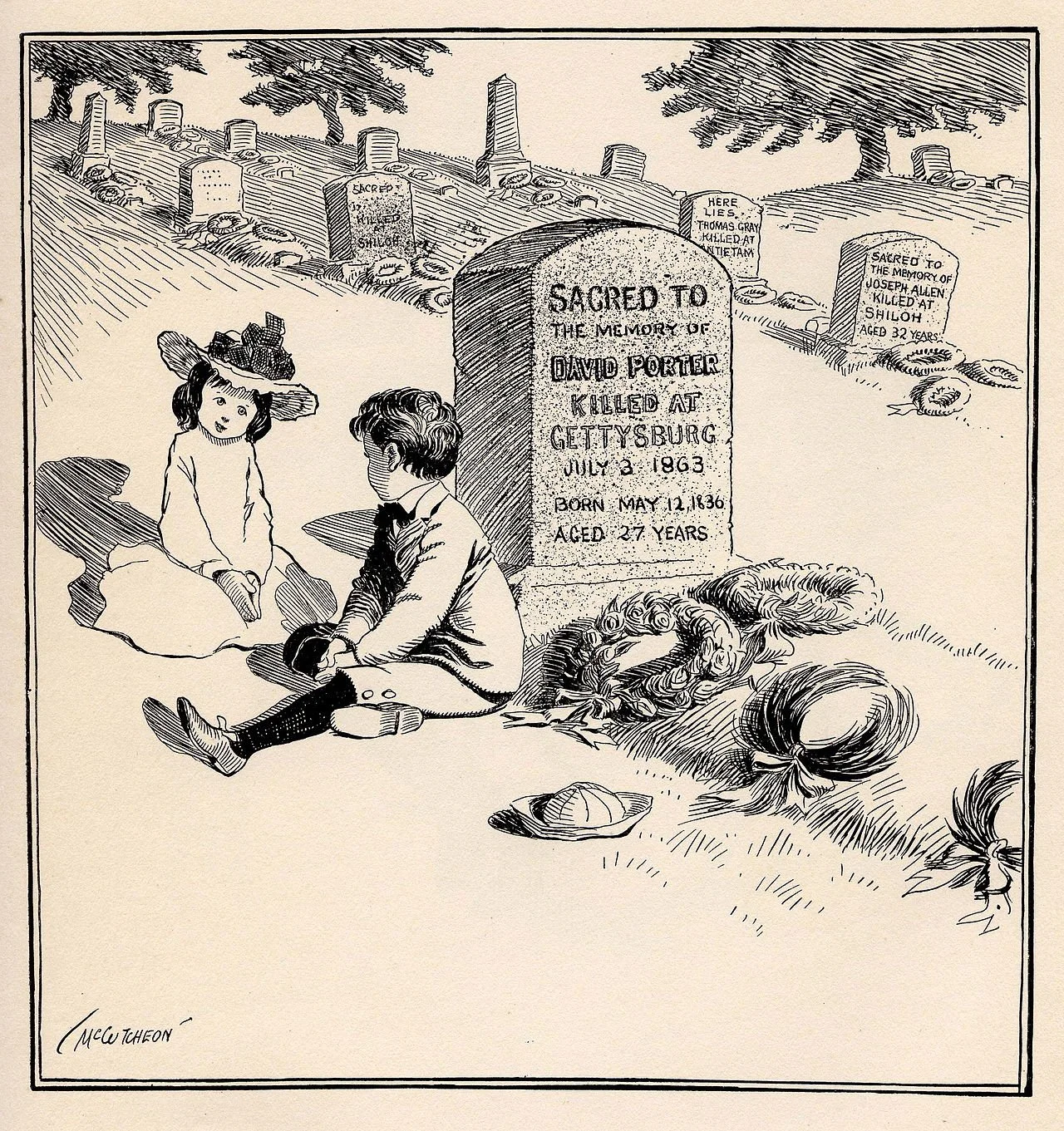From ecoRI News (ecori.org)
Over the last year, President Trump has taken farmers on a roller coaster ride that’s finally gone off the rails.
Escalating trade fights have kicked farmers, already mired in a five-year slump, in the gut. Now, the administration is working up a new trade aid package, while simultaneously opposing aid for farmers recovering from recent Midwest flooding.
What’s going on? If there’s a plan, it’s hard to see from here.
Just in the last few weeks, Trump tweeted a dramatic escalation in new tariffs on China, which immediately announced an escalation of tariffs on U.S. goods, including agriculture products.
A week later, without notice or explanation, Trump ended steel tariffs (based on dubious national security concerns) on close trading partners Mexico and Canada. Yet the same day, Trump signed an executive order threatening new auto tariffs on Japan and the European Union.
If the auto tariffs move forward, Japan and the E.U. will almost certainly retaliate with tariffs on, you guessed it, agricultural products.
In a hasty attempt to put a Band-Aid on these self-inflicted wounds, the Trump administration is proposing another round of trade aid for farmers. The new round comes after promising that a $12 billion trade aid package last year would be a one-time thing, because a China trade deal was just around the corner.
But, surprise surprise, it wasn’t. So the administration backtracked and recently unveiled another $16 billion aid package for farmers hurt by its policies.
The first aid package doesn’t appear to have focused on the mid- and small-sized farm operations that needed it most. The Financial Times found that half of the trade aid money went to just 10 percent of farmers, who used loopholes to elude payment caps.
Moreover, nearly 10,000 people and businesses based in cities — rather than the countryside, where you expect to find farms — accessed the aid. And it was multinational agribusiness firms like Tyson Foods, Cargill, and the Brazilian-owned JBS that benefited when the USDA made large purchases of pork, chicken, and beef.
Trump’s trade disruptions come amid much larger challenges in the agriculture economy. Rising farm bankruptcies, the loss of thousands of mid- and small-size dairies, farm lenders getting tighter with loans, and plummeting land values are all part of the current crisis.
And when it rains, it pours. A series of extreme, climate-related weather events — severe Midwest floods this year, wildfires and hurricanes last year — also hit farmers. Yet the Trump administration has opposed allowing farmers to access disaster aid from these events.
The drivers of our slumping farm economy are longstanding and structural.
We’re flooding the market — too much corn, soy, wheat, and milk. Meanwhile the government has approved a steady series of agribusiness mergers, leading to less competition and fewer choices for farmers.
Federal Farm Bill programs support this system, which precariously relies on expanding trade. If we don’t grow exports, the system collapses — at least for family farmers. It works just fine for the global agribusiness firms that operate in multiple countries and benefit from below-cost corn and soy.
Trump’s dizzying trade disruptions are inflicting real short-term damage, but they’re also exposing the frailty of an agriculture economy built for big business. Instead, we should be looking for ways to reduce overproduction, lift prices to fair levels that keep farmers on the land, and invest public money in climate resilient strategies on the farm.
A different farm economy is possible, but we must come to terms with past mistakes that created this roller coaster.
Ben Lilliston is a senior policy analyst for the Minnesota-based Institute for Agriculture and Trade Policy.















